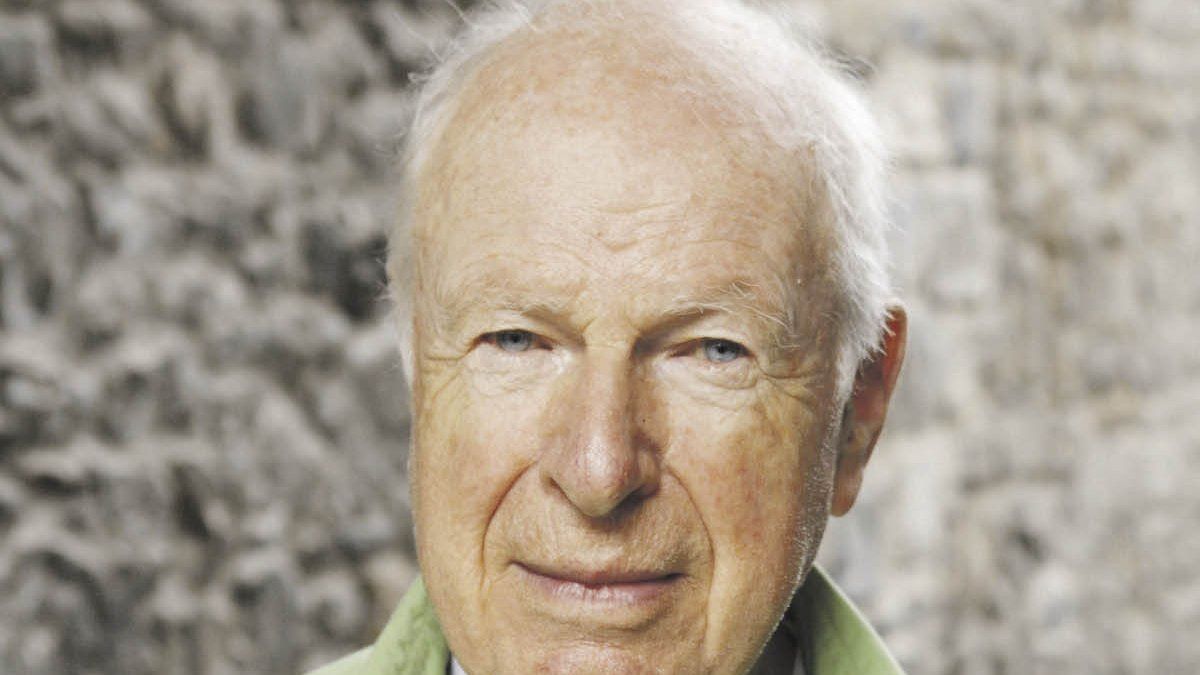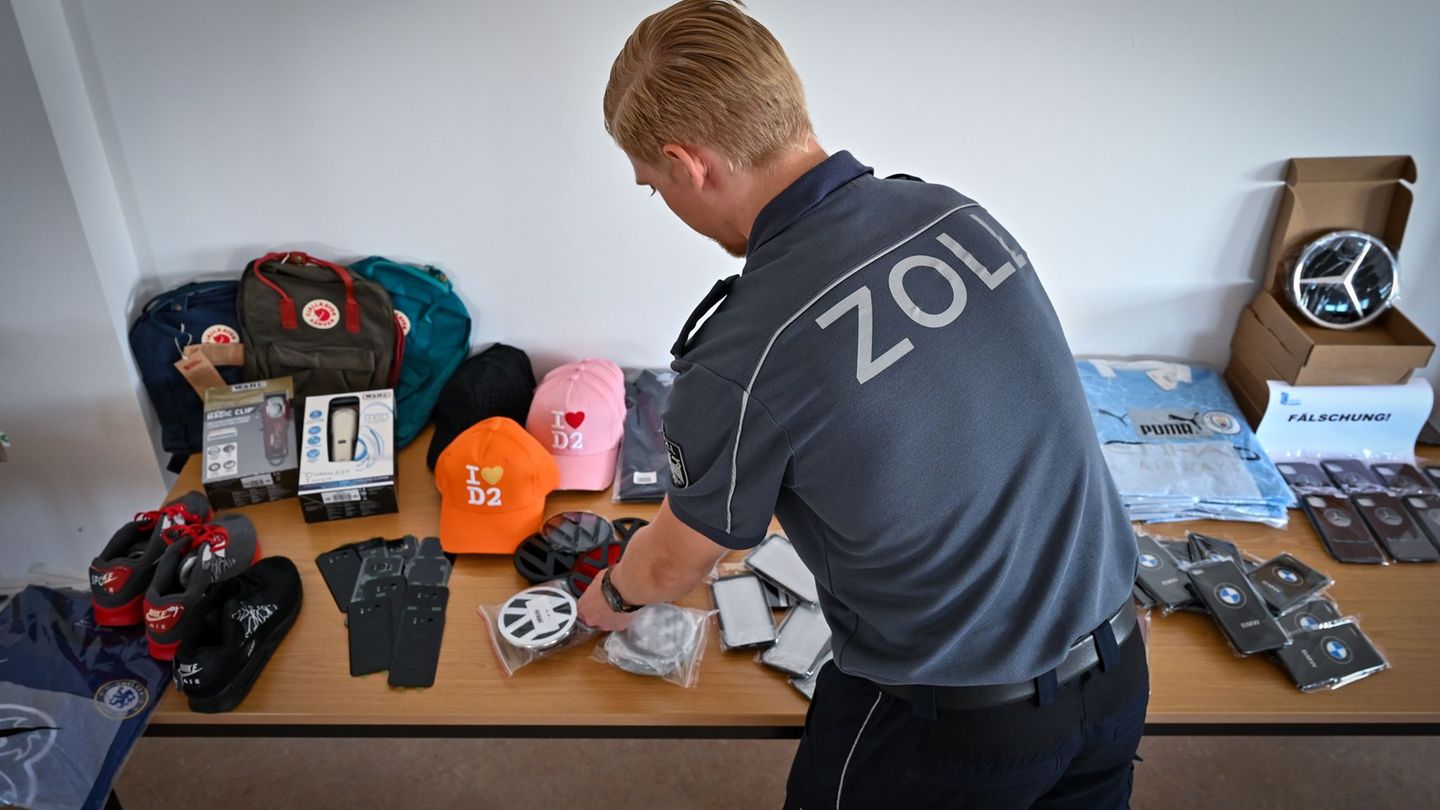Brook trained at Magdalen College, Oxford, and was soon running a production of Richard Strauss’s “Salome” — opera and cinema were other passions of his — at the Royal Opera House, Covent Garden ( institution that he would come to direct, like the Royal Shakespeare Company), with sets designed by Salvador Dalí. He soon began to be called upon to direct the great British stars, such as Sir John Gielgud and Sir Laurence Olivier.
In one of his last interviews, just before the pandemic, he explained that his entire career was “swimming against the current, that is what gives meaning to works and concepts that, if I had not proposed them, would never have existed.” Although he never stopped making revolutionary experiments, such as a Shakespeare on circus trapezes, his richest moment was in the 70s when with his wife and muse, actress Natasha Parry, they stormed a destroyed old variety theater in Paris, Les Bouffes Du Nord, where they put together improvisation groups or put together avant garde stagings, such as their great milestone “Marat–Sade”, inspired by the idea that the Marquis de Sade directed theater with the inmates at the asylum. Brook later managed to get that gritty play, which took theatrical immersion to a new level, staged on Broadway, where it won a Tony.
Brook settled in Les Bouffes du Nord in 1971 and never returned to England because the government there prevented him from hiring foreign actors at the Royal Shakespeare Company. Located in the Arab quarter of Paris, Les Bouffes kept part of its interior walls burned by a fire (he opposed its restoration) and was also the stage for other artists invited by him, such as Astor Piazzolla, who recorded several of his concerts there. with milwa.
Another of his big hits was a 9-hour version of “The Mahabharata,” which could somehow be seen as equivalent to Andy Warhol’s movies that ran for multiple hours.
Brook remained active until recently, precisely with a new version of “The Mahabharata”. with which he toured India. He was an acrobat artist, like the early pioneers of performing arts in the Middle Ages. In 1972 he spent three months in Africa with his company where he performed in small cities in Algeria, Nigeria and other places that did not know the theater; he toured the Sahara with a team of photographers and cameramen, where he filmed his play “The Ik”, alongside Colin Higgins and Denis Cannan, an adaptation of a book by Colin Turnbull entitled “The Mountain People”. On those trips he met the African actor Sotigui Kouyaté, whom he incorporated into his company.
Kouyaté led the cast of the play “The Man Who Mistook His Wife for a Hat”, which Brook staged based on texts by the neurologist Oliver Sacks, and which was performed at the Teatro San Martín in Buenos Aires during the first FIBA (2001). Although Brook did not come personally, other of his creations were also seen here, such as “La mort de Krishna”, on the same stage and during 2003; “Warum Warum” (2011) and Mozart’s opera called by him “A magic flute”, the same year, at the VIII FIBA, at the Avenida theater.
As a filmmaker, he shot several titles, now cult, such as his masterpiece “The Lord of the Flies” based on the novel by William Goldsding, about surviving children, without adults, of a plane crash and who gradually become more savage; “Moderato Cantabile“, included in the nouvelle vague by the most mystical members of the public, such as the late cinephile Fabio Manes, who showed it on TV Publica (he said that he could see it “once a month); “Meetings with notable men” about Gurdjieff’s experiences among the dervishes, always understanding new concepts (a film that was censored by the military dictatorship).
As said, Brook was also a great theoretician, and in addition to the aforementioned “Empty Space” (1968), where he assured that any empty space automatically becomes a stage if there is an actor who represents a work and someone who watches, he also wrote “The open door”, “Children of time”; “Change the point of view” and “Beyond the empty space”.
Source: Ambito
David William is a talented author who has made a name for himself in the world of writing. He is a professional author who writes on a wide range of topics, from general interest to opinion news. David is currently working as a writer at 24 hours worlds where he brings his unique perspective and in-depth research to his articles, making them both informative and engaging.




